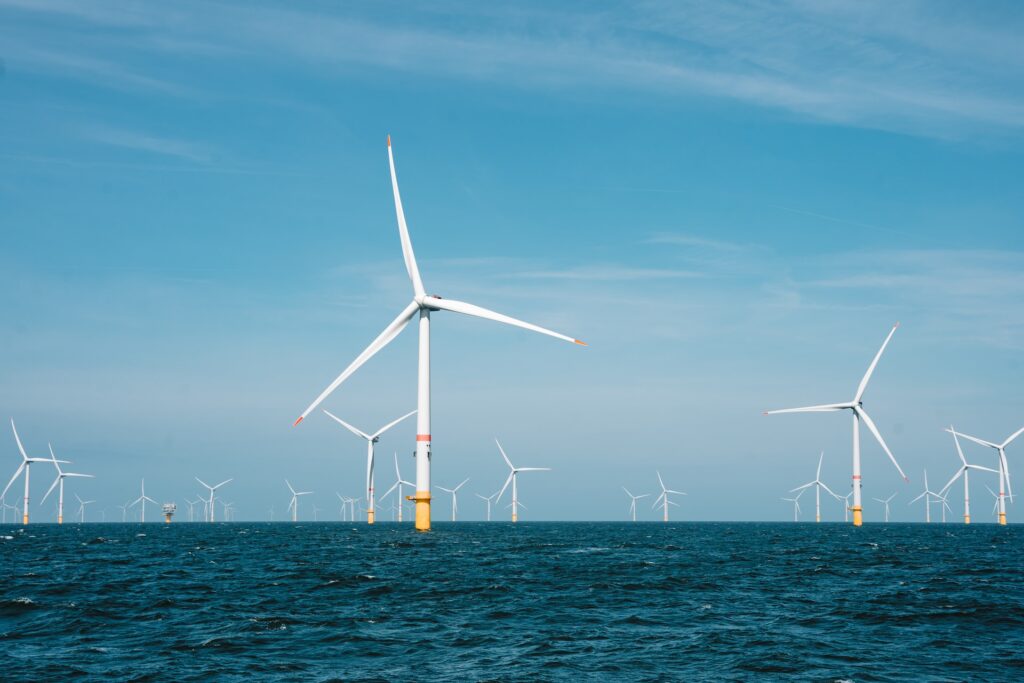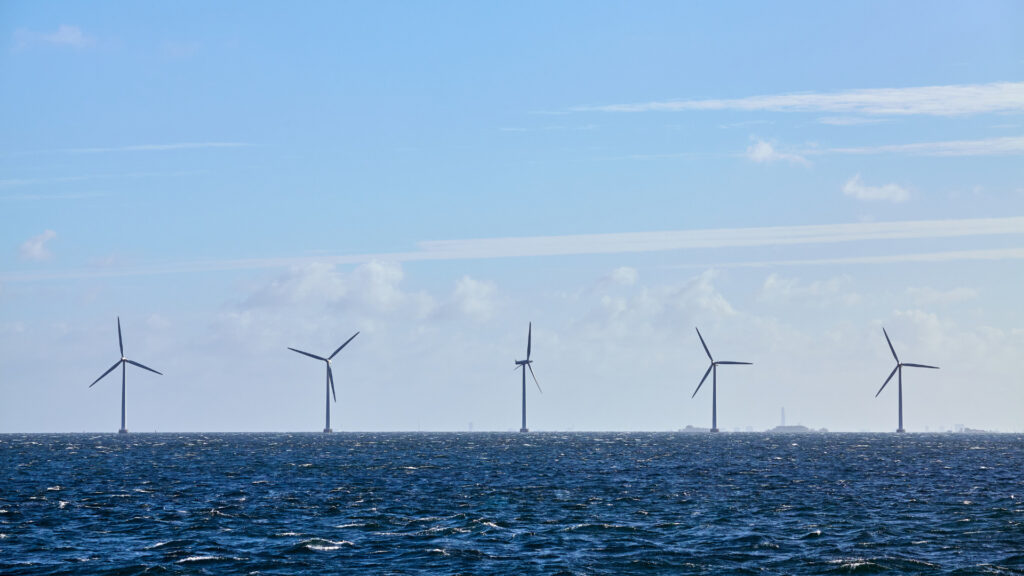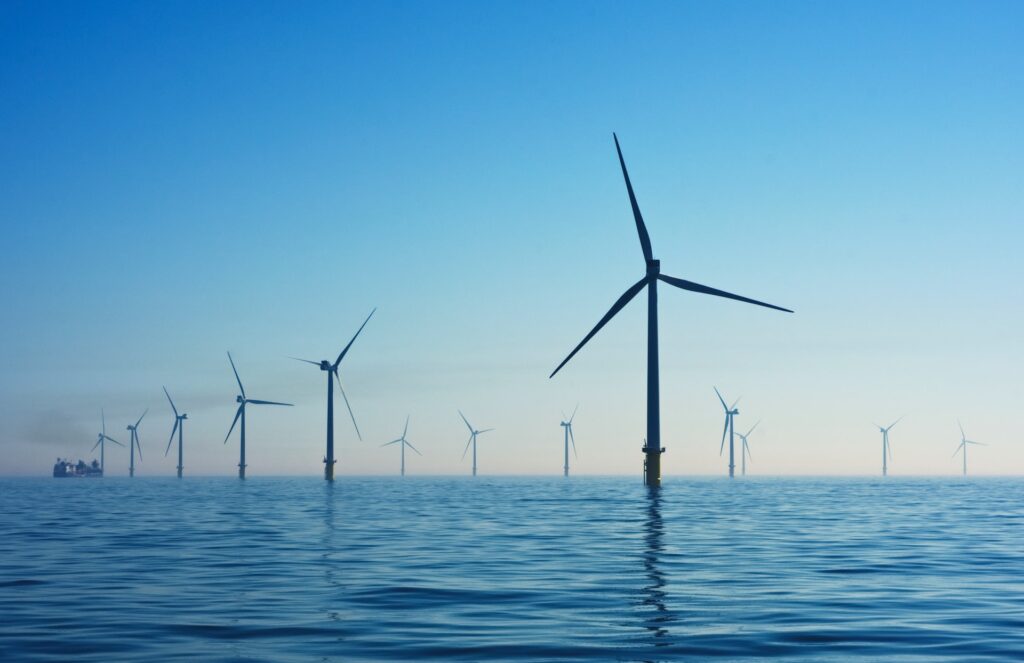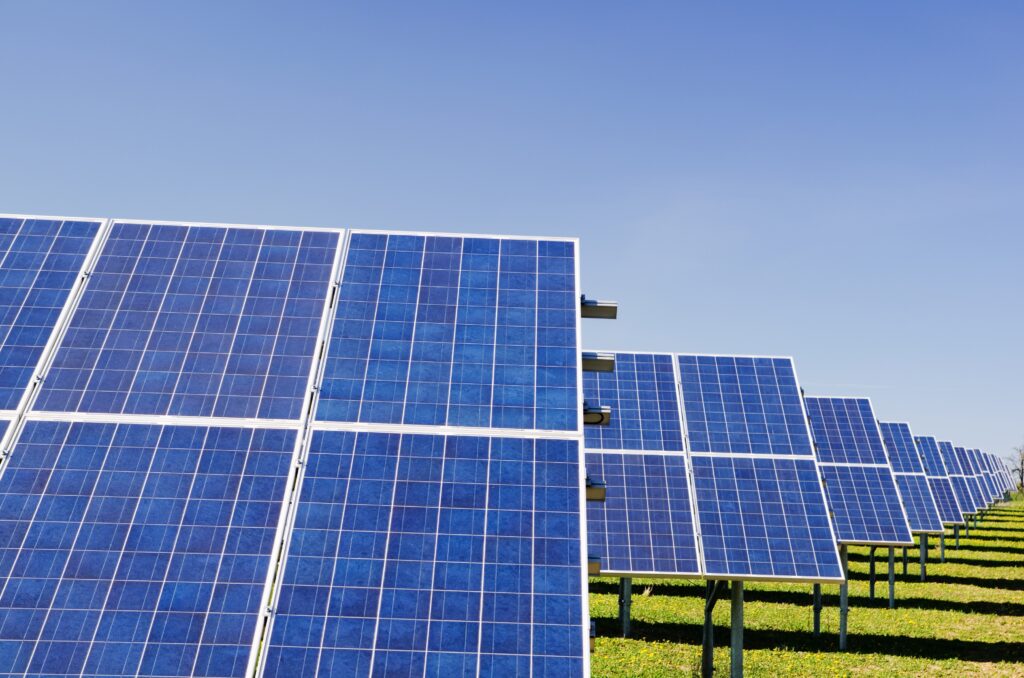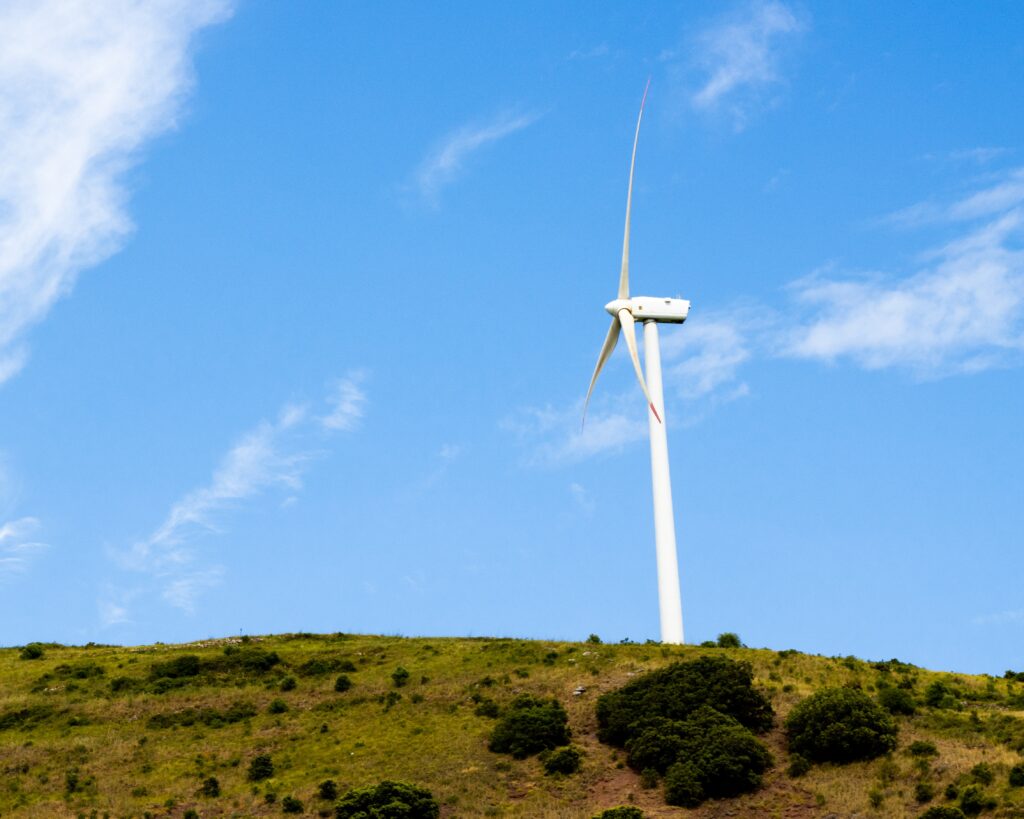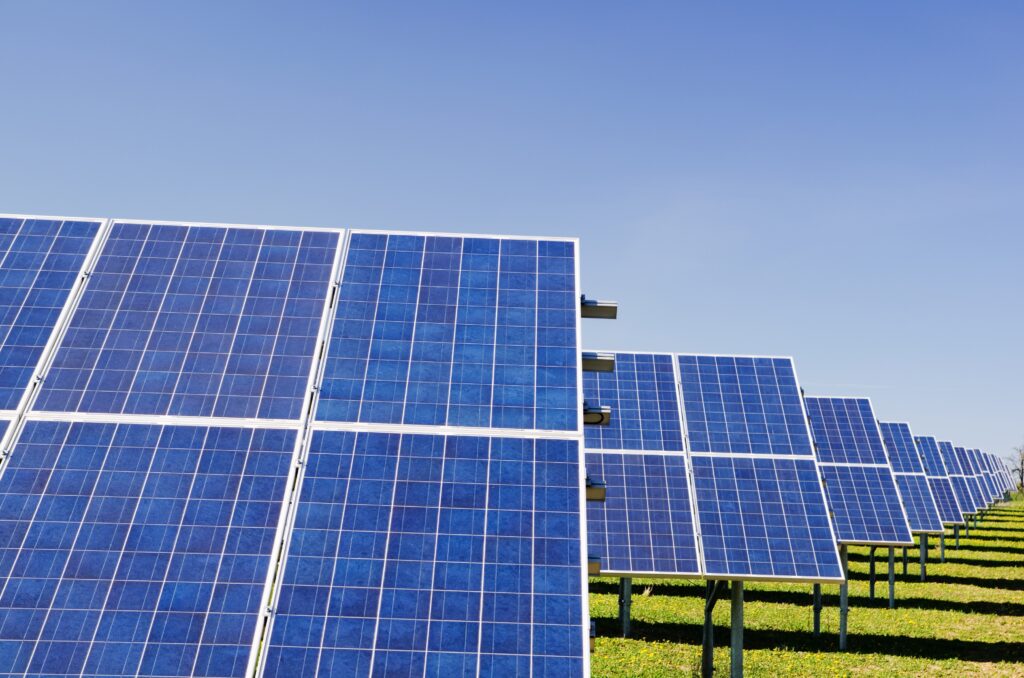
Estratégia Portugal 2030 – Energy
The Portuguese Government approved the document “Portugal 2030 Strategy” (henceforth the Strategy) with the main objective of defining public policies to promote the country´s economic and social development in the next decade. One of its structural axes is the climate transition and sustainability of resources with a view to promote a circular economy and responding to the challenge of the Energy Transition.
Following the European Union´s commitment to carbon neutrality under the Paris Agreement, the main objective for 2030 is to reduce global greenhouse gas emissions by 45% to 55% when compared to 2005. The expected 40% reduction for the transport sector is noteworthy. In addition, the Strategy aims to increase the share of renewable energies in gross final energy consumption to 47% and consequently reduce the primary energy consumption by 35%.
The energy sector is expected to make the greatest contribution on the reduction of Carbon dioxide (C02) emissions over the next decade, with the Energy Transition and Energy Efficiency assuming a major role in society´s de-carbonization.
Measures to promote the Energy Transition
The Strategy foresees that interventions in the framework of the Energy Transition will determine an increased focus on renewable energies and a further reduction of the country’s energy dependence. To this end, it is proposed to accelerate the generation of electricity through renewable energy sources, focusing on hydrogen and the promotion of energy storage systems.
In this context, emphasis is also given to the industry and mobility sectors. C02 emissions from industry accounted for around 19% of national emissions in 2015, of which 62% were associated with the burning of fossil fuels. In order to reduce its carbon intensity, the Strategy puts particular emphasis on hydrogen, which is capable of reducing gross final energy consumption in the sector and thus reduce emissions from the industry sector.
However, the shift from fossil fuels to hydrogen should not solve the problem of CO2 emissions from the largest domestic emitters. Excluding the Pego and Sines thermal power plants, which are scheduled to close in 2021 and 2023 respectively, hydrogen will potentially be used in the Pego and Tapada do Outeiro combined-cycle power plants and in the aviation sector. However, its use will only take place in the medium to long term, as it is dependent on the maturity of the technology to make its use reliable, safe and efficient. Although the major CO2 emitters – oil refining, cement and paper industries – may benefit from their use, their production processes are carbon intensive, and should not change with the use of hydrogen.
Regarding mobility, the Government intends to change the existing paradigm. As such, the replacement of traditional fossil fuels with electricity, advanced bio-fuels and, once again, other renewable energy sources such as hydrogen is expected.
There is a clear emphasis on the use of hydrogen as a clean and efficient energy alternative to fossil fuels. This is the same idea expressed by the Government in the National Energy and Climate Plan 2021-2030 (henceforth “PNEC 2030”). This document refers to the willingness to create the necessary conditions and mechanisms to recognize and enhance hydrogen and other renewable gases, such as biogas and biomethane, through a set of mechanisms aimed at (i) regulating the injection of renewable gases into the national natural gas network; (ii) implementing a system of guarantees of origin for renewable gases; (iii) concentrating the available financial resources on national and European funds to support energy generation in the production of renewable gases; and (iv) assessing the setting of binding targets by 2030 for the incorporation of renewable gases into the natural gas network.
In addition, it is considered indisputable that the energy transition in Portugal will also involve the use of renewable endogenous resources such as water, wind, sun, biomass and geothermal energy. However, particular emphasis is given to wind energy (onshore and offshore) and solar energy (photovoltaic and concentrated solar thermal):
- In the case of onshore wind energy, the focus will be on hybridization, (i.e. the use of injection points in the network of existing renewable energy plants for the development of renewable energy sources other than those already implemented) through over-equipment and repowering or power reinforcement.
- In the case of offshore wind energy, it is intended to promote the installation of floating wind farms.
- In the case of solar energy, and in particular solar photovoltaic, a proliferation of auctions for the allocation of reception capacity into the grid is expected.
- Finally, incentives are expected for concentrated solar thermal projects.
Public investment and state support in these areas should therefore be expected. Emphasis should be given to the investment in hydrogen, where a significant support is expected due to the technological (storage difficulties) and technical (low energy density compared to fossil fuels and high flammability) obstacles associated with this energy source.
Measures to promote Energy Efficiency
Respecting energy efficiency, Portugal is committed to the “Energy Efficiency Priority” principle proposed by the European Parliament for decisions on investment projects in the energy sector. This principle is based on a logic of sustainability and cost-effectiveness in order to ensure that the targets and objectives regarding energy efficiency are met at European level, i.e. a 32.5% reduction in primary energy consumption compared to 2005.
It should be noted that the State Budget for 2021 merges the Innovation Support Fund, the Energy Efficiency Fund and the Systematic Energy Sector Sustainability Fund into the Environmental Fund, which had already in the previous budget an allocation of 475 million euros. This fund is now expected to exceed 600 million euros in 2021, not including revenues from the new carbon tax on air and sea-river travel. With this concentration, an increase in state funding for projects promoting energy efficiency in the various areas of activity (buildings, industry, mobility and equipment) should be expected.
General Remarks
It can be concluded that the Portuguese government is politically committed to the supply side, with an emphasis on the de-carbonization and increasing the installed capacity of renewable energies. This is reflected, as mentioned above, in the promotion of Portugal as a hub of “green” hydrogen (i.e. whose hydrolysis is carried out using energy from renewable sources) and in the encouragement of renewable energies, namely solar photovoltaic and wind. In contrast, the apparent withdrawal from tidal and wave energy is surprising, with an unequivocally significant national potential, and the existence of several successful projects in the European market.
On the demand side, the presence of energy efficiency in the government’s plans has been repeated since the beginning of this century. Nevertheless, concrete proposals to improve the conditions of access to clean energy and energy efficiency of all citizens, especially the poorest, seem to be missing. Although the increase in the financial allocation of the Environmental Fund is a positive aspect, it does not address the social and integrated awareness of the country in the creation of support schemes. Ultimately, this prevents the dissemination and development of the energy efficiency sub-sector in the national market.
Want to know more? Subscribe our newsletter here.








